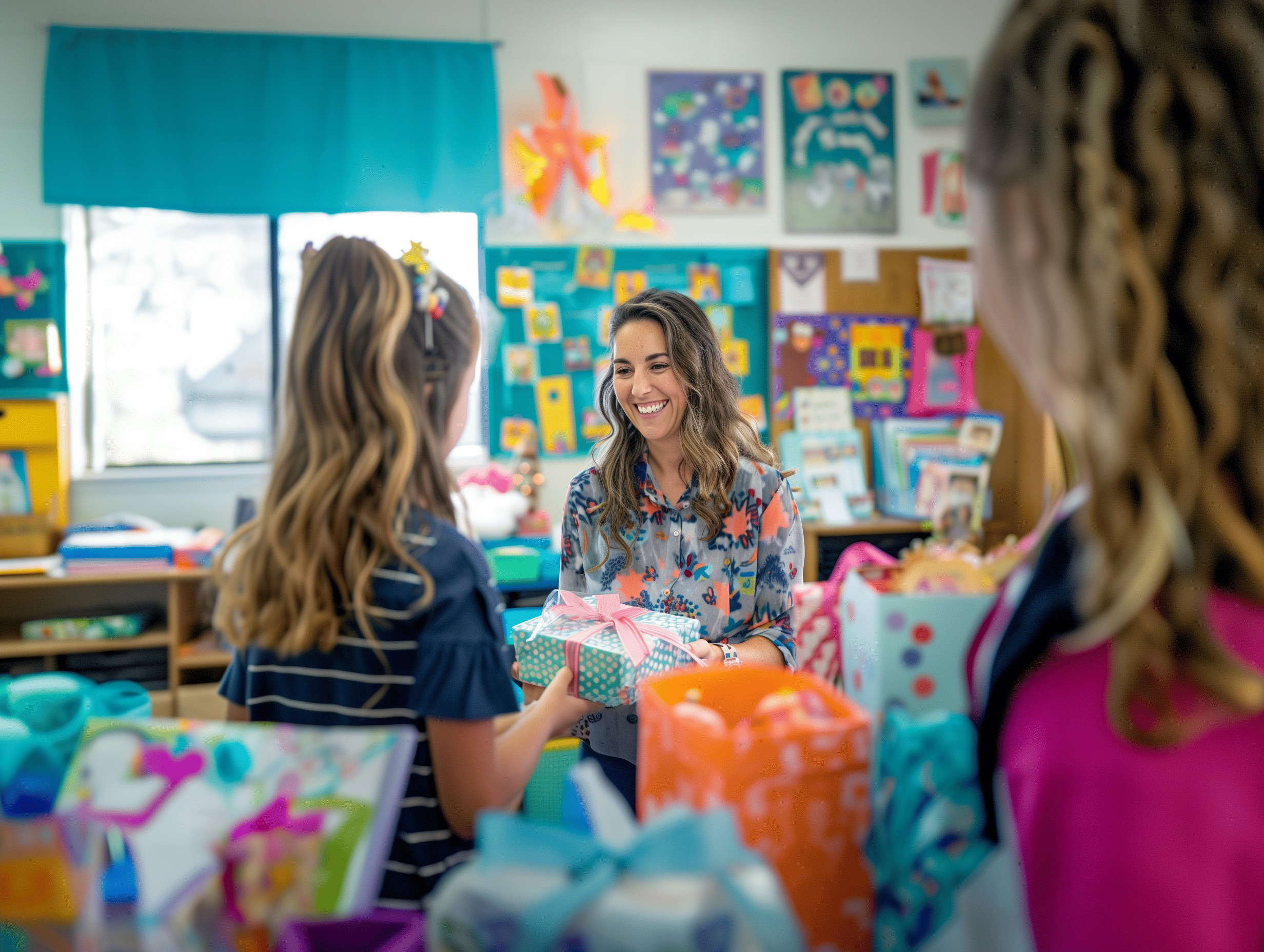| |
|
Gayle Gregory
Instructional Intelligence: What Good Teachers
Should Know and Do (keynote)
Differentiated Literacy Styles
Explore an instructional and assessment framework
designed to promote the multiple competencies that
learners need: functional literacy for phonics,
spelling and reading: content-area literacy for
vocabulary, concept attainment, and comprehension;
technological literacy for information searching,
evaluation, and synthesis; and innovative literacy
for creativity, growth, and life-long learning.
Learn strategies to: engage reluctant learners;
provide what sub-groups need to thrive and succeed;
pre-assess diverse learners for literacy skills,
competencies, learning styles, and learning gaps;
and implement a broad array of high-payoff and
developmentally appropriate strategies to move all
students to the next stage in their literacy
learning.
|
|
Gayle Gregory
|
Renate Caine
|
Renate Caine
Can schools ever catch up to how our
intelligent brain learns? (Pre-Conference)
Human beings have an almost limitless capacity to
learn. Yet most teaching today is not based on how the
human brain actually learns. Educators need to become
masters of learning first in order to understand how
to teach to the human brain. Teaching to the human
brain includes three essential elements:
Relaxed Alertness - the optimum state
and environment and environment for learning;
Immersion in Complex Experience - the
optimum teaching environment and
Active Processing - the optimum
teacher interaction for learning.
Using the Brain/Mind Learning Principles to
Change Teaching
The Brain/Mind Learning Principles can help in
understanding and changing your teaching step by
step. Participants will experience one
Principle in action and will design teaching based
on this Principle.
What is Learner Centered Adaptive Decision
Making?
Participants will learn how to use Learner centered
Adaptive Decision Making in order to design
environments that utilize and expand the brain’s
executive functions. The brain’s executive
functions are critical to all genuine brain based
learning.
|
|
Marcia Tate
Worksheets Don't Grow Dendrites: 20
Strategies that Engage the Brain
Have teachers ever complained that their students
cannot understand or recall much of the content
taught after a 24 hour period? It stands to
reason that if students don’t learn the way we teach
them, then we must teach them the way they
learn! Experience 20 instructional strategies
(based on brain research and learning style theory)
that maximize memory and minimize forgetting.
Increase learning for students when strategies like
drawing, metaphor, music and storytelling are used
to teach curriculum objectives and meet national
standards. Explore research that shows why
these strategies are preferable to others.
Ensure that brains retain key concepts, not only for
tests, but for life! This workshop has been
called both professional and personally
life-changing and lots of fun!
|
|
Dr. Marcia Tate
|
David Sousa
|
David Sousa
Helping Students Become Better Readers
Through Brain Science
Come to this interactive session and explore the
fascinating discoveries that brain scientists are
making about how the brain learns to read. Hot topics
will include suggestions for deciding how to select a
scientifically-based reading program (Is there such a
thing?) for beginning readers as well as how to help
older students improve their reading skills in content
areas. Educators in both elementary and secondary
schools will find practical applications of this
exciting research that can help all students become
more successful readers.
|
|
Marilee Sprenger
Differentiation: How the Brain Learns
Best
Brain-compatible classrooms and differentiation share
a common philosophy: all children can learn. In this
session these common philosophies along with practical
strategies will be emphasized. Learning profiles and
memory pathways provide an interesting approach to
differentiating content, process, and product. Join
this session and learn some simple components of
productive learning environments.
Memory 101: You Can Always Remember if you
N.E.V.E.R. F.O.R.G.E.T.
If your students have ever forgotten their homework,
to bring supplies to class, or to get papers signed,
this session is for you! If you've ever forgotten a
name, an appointment, or what someone just told you,
this session is for you! If you have ever been
concerned about raising student achievement and its
relationship to memory, this session is for you!
Memory is mysterious. Learn about the latest brain
and memory research and how to improve and maintain
memories. A simple mnemonic, N.e.v.e.r. F.o.r.g.e.t.
may be the answer to many of your memory questions.
You can learn how to create more powerful memories
as well as improve attitudes and abilities. Attend
Memory 101 and learn to never forget!
|
|
Marilee Sprenger
|
Diane Ronis
Differentiating Assessments
Brain-friendly assessments such as portfolios, and
performance tasks are different from traditional
assessments in that they lend themselves to
individualization and customization. Since such
assessments cannot be scored in the traditional
manner, a methodology is needed to provide objective
evaluation able to withstand concerns regarding the
reliability of scores based on human judgement. In
this workshop, participants will create rubrics that
can be easily customized and which also possess the
flexibility to allow for learner differences.
|
|
All featured sessions are presented in an interactive, 3 hour
workshop format! Registration is $449 per person; President's
Reception plus Coffee & Danish Breakfasts Included
(For room reservations, please call the San Diego
Sheraton Hotel and Marina at 877-734-2726.)
|



